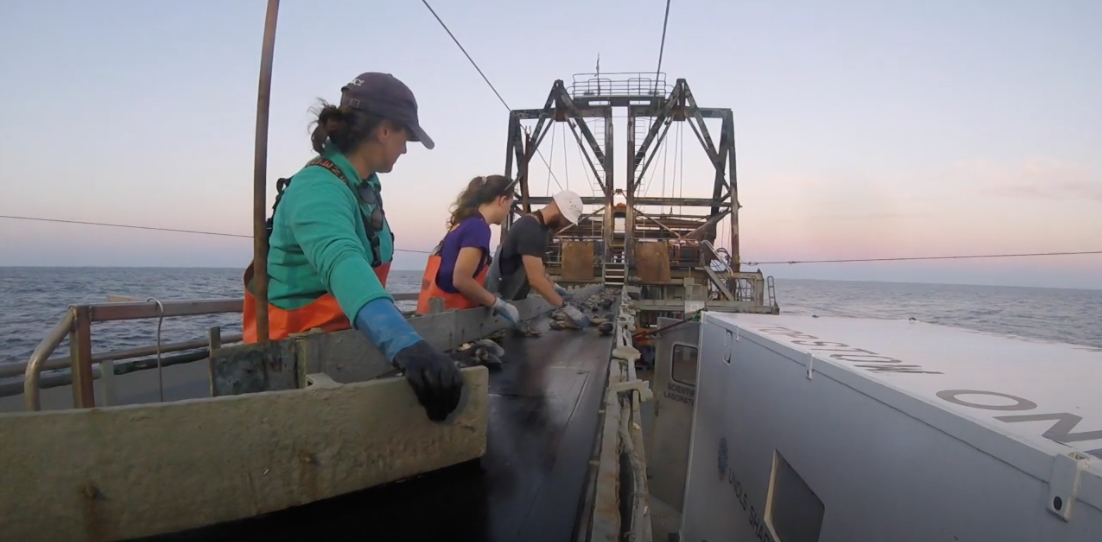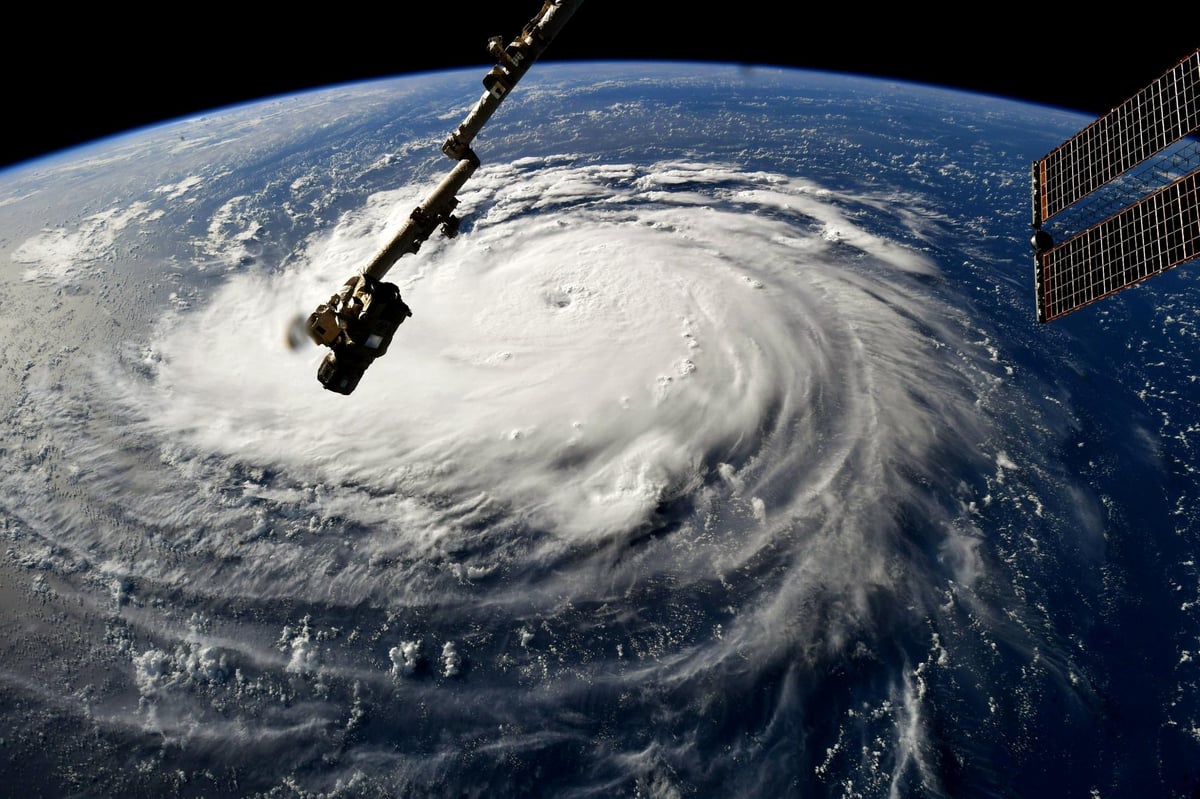HATTIESBURG, MS/ACCESSWIRE/July 21, 2022/ Climate change is now affecting long-standing patterns of marine life, with warmer waters pushing species out of their traditional habitats into new areas. As these changes become more common, they will create challenges for fishers, scientists and regulators. A team from the Scientific Center for Maritime Fisheries (SCEMFIS) is examining the extent of the problem on two key species of shellfish: surf clams and quahogs.
Ocean quahogs, one of the longest-lived marine species on Earth, inhabit cold mid-Atlantic waters; Surfclams, on the other hand, have traditionally inhabited warmer areas. With climate change, the surf clams’ traditional habitats have become some of the fastest warming waters in the region, forcing them to move north into colder waters traditionally occupied by quahogs.
“The area of overlap potentially becomes larger and larger as the middle Atlantic warms, as one species moves on, and the other hasn’t quite gotten the message yet and is gone,” said Dr. Roger Mann from the Virginia Institute of Marine Science, one of the lead scientists in the investigation.
In the fall of 2021, a team from SCEMFIS teamed up with an industry fishing vessel, the F/V Pursuit, to document the extent of this habitat overlap. They took samples from several areas, working in surfclam and ocean quahog habitats, as well as mixing areas in between. The team documented what was caught, its species, size, age and location.
After analyzing the data, the team discovered significant habitat overlap and mixing between surf clams and ocean quahogs, much more than expected at the start of the survey.
“One of the surprises was how extensive the overlap is now,” said Dr Eric Powell, from the University of Southern Mississippi, another of the lead scientists in the investigation. “This is a major community change on the continental shelf and it’s something that management agencies and the fishery are going to have to step up and manage.”
The mix of ocean quahogs and surf clams is just the latest example of how climate change is creating new problems for anglers. Under current rules, anglers are not allowed to harvest clams and quahogs at the same time. In an environment where these species inhabited separate parts of the ocean, these rules were easy for anglers to follow. But climate-influenced migration makes harvesting these species much more difficult, a problem that will only grow in importance as trends continue.
“As bad as it is, it will be much worse in five years, in my opinion,” Dr Powell said. “The challenge, both for the fishery and for management, is how to revise the regulations so that these two species can be landed without causing problems with the inherent stability of the fishery and management.”
“The information we get is vitally important to us not only to stay a sustainable fishery, but also a fishery in good standing with the app,” said Guy SimmonsSenior Vice President at Sea Watch International, which harvests clams and is a member of the SCEMFIS Industry Advisory Board.
About SCEMFIS
SCEMFIS uses academic and fisheries resources to solve pressing scientific problems that limit sustainable fishing. SCEMFIS develops methods, analytical and survey tools, datasets and analytical approaches to improve the sustainability of fisheries and reduce uncertainty in biomass estimates. The academic partners of SCEMFIS, the University of Southern Mississippi (lead institution) and the Virginia Institute of Marine Science, College of William and Mary, are the academic sites. Collaborating scientists who provide specific expertise in fish, crustacean, and marine mammal research come from a wide range of academic institutions, including Old Dominion University, Rutgers University, University of Massachusetts- Dartmouth, University of Maryland and University of Rhode Island.
The need for the various services that SCEMFIS can provide to the industry continues to grow, which has resulted in a steady increase in the number of fishing industry partners. These services include immediate access to scientific expertise for stock assessment issues, rapid response to research priorities, and representation on stock assessment working groups. Targeted research leads to improvements in data collection, survey design, analytical tools, assessment models, and other needs to reduce uncertainty in stock status and improve endpoint objectives. reference.
PRESS CONTACT:
Cooker Boat Communications
[email protected]
THE SOURCE: Marine Fisheries Scientific Center
See the source version on accesswire.com:
https://www.accesswire.com/709373/Climate-Change-Creating-New-Conflicts-for-Surfclam-Ocean-Quahog-Fisheries-as-Warming-Forces-Habitat-Shifts




